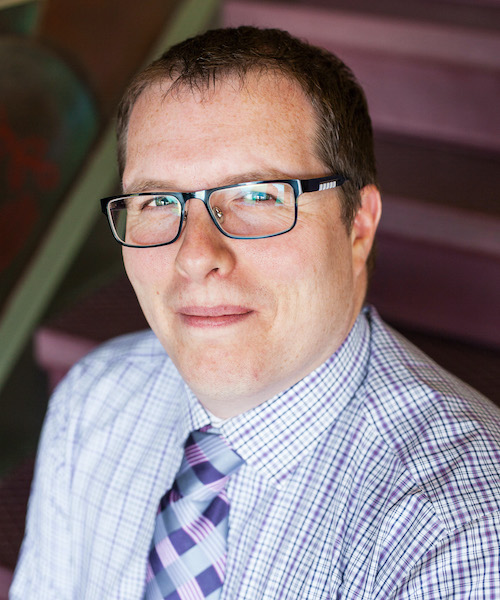Among the accounts of the Kings of Israel in the Catholic Bible, a prophet named Elisha prays for the eyes of a blinded servant (2 Kings, Chapter 6). His servant can see hand and tree, lamp and post. But what he cannot see are mountains “full of horses and chariots of fire all around Elisha.” Here, maybe, are the Pope’s divisions Joseph Stalin infamously derided. Here too, are what foreign policy scholars have called the spiritual power of religious movements that can topple states and empires, mediate peace, and propel to war. This, certainly, is the heritage and promise of Vatican foreign policy in the world today: a force that is real, but also one that is necessarily limited, a case study of which is playing out in real time in Venezuela today.
Since 2001, Venezuela has gone from being one of the richest countries in South America to now being among the poorest. Just since last year, the economy has shrunk 18.6 percent. Inflation is around 800 percent and the International Monetary Fund expects consumer prices to rise by 2,200 percent this year. The government tried a currency swap, a new set of notes worth up to 20,000 bolívars, but after Venezuelans queued for days at the bank, the new notes never showed up. Nicolás Maduro, successor of Hugo Chávez and president of Venezuela since 2013, has been accused of corruption, incompetence, and human rights abuses—the list goes on. Nearly 80 percent of Venezuelans now oppose him, according to a recent Datanalisis poll. The picture is dire, and it is the one that Vatican mediators stepped into last October.
The intervention from the Vatican came on the heels of several other seemingly successful interventions. A rapprochement between the United States and Cuba culminated with President Obama’s visit to Havana last March. The Vatican also played an important role in Colombia’s peace accord, uncertain as those outcomes seem yet to be. And, of course, the Vatican has been a vocal spokesperson for the plight of persecuted religious minorities, refugees, and the environment—an often principled, moral voice amidst polarizing and often sensationalist rhetoric. Yet barely weeks into mediation in November, Venezuela’s opposition said talks were frozen, and by December most outlets were reporting they were stalled or had collapsed. In late January, the Vatican mediator was already sitting out of sessions. This week, editorials are calling for the total recall of Vatican mediators, saying they are only “making things worse.” What is to be done?
The power of the Catholic Church, and of the Vatican, is enormous in a world that is so rapidly losing a moral vocabulary beyond profit/loss, power/order, and security/strength. The language of international diplomacy has hallowed out words which that Church still remembers: dignity, the image of God, faith, and hope. It is precisely on the back of catastrophe, of systemic and terrible evil, that the liberal-secular worldview cannot bear the weight of its own inadequacies without gesturing beyond itself. Once impelled to tone down his “prayers” for a secular crowd at the Truth & Reconciliation Commission in South Africa, Desmond Tutu tried—but halted—declaring they could not bear the weight of those proceedings apart from prayer. No purely material theory can make sense of the mystery of the human condition, its evils, or its joys, and no purely secular diplomacy is fit for the work of mediation, repentance, and reconciliation.
And yet there are real limits. The Church speaks best and most powerfully when it does so on principle—out of the clear conviction of its confessions—and is wisely discrete on particularities, policy, and procedure. That Church has real power as convener, mediator, and prophet in a world dominated by secular-elites, but peopled by the resurging religious. That Church must also see its limits where leadership will not relent, repent, or redirect. The Vatican, then, is part of foreign policy in God’s Century; it is not the panacea. It has real promise, but it is no silver bullet.
Later next month, I will attend a conference in Rome on Vatican foreign policy called “Popes on the Rise! Mobilization, Media, and Political Power of the Modern Papacy.” The gambit of that conference is that the Vatican can and should make substantive contributions to global policy and politics. I agree, but the shape of that and its limits are all important. The Vatican’s mediators and its diplomats can give the world of global politics back a language it so desperately needs: a language of virtue, morality, dignity, and means—not just ends—as more than long-term expedience. Its very existence and confessions are a cap and check on unrestrained capital, tyrannical governance, and hyper-individualism. But that witness is strongest when made prophetically, and it is sometimes limited and compromised when it delves too deep into policy. It is rhetoric—it is a witness—that can ennoble and mediate, but it cannot coerce nor prescribe. It has limits, and it has reached those limits in Venezuela today. It was, I think, worth a try, and a time for the heavy moral lifting and hard work of reconciliation that only true religion can bring will come again.
The Vatican’s man in white is not finished, but neither is he alone.

